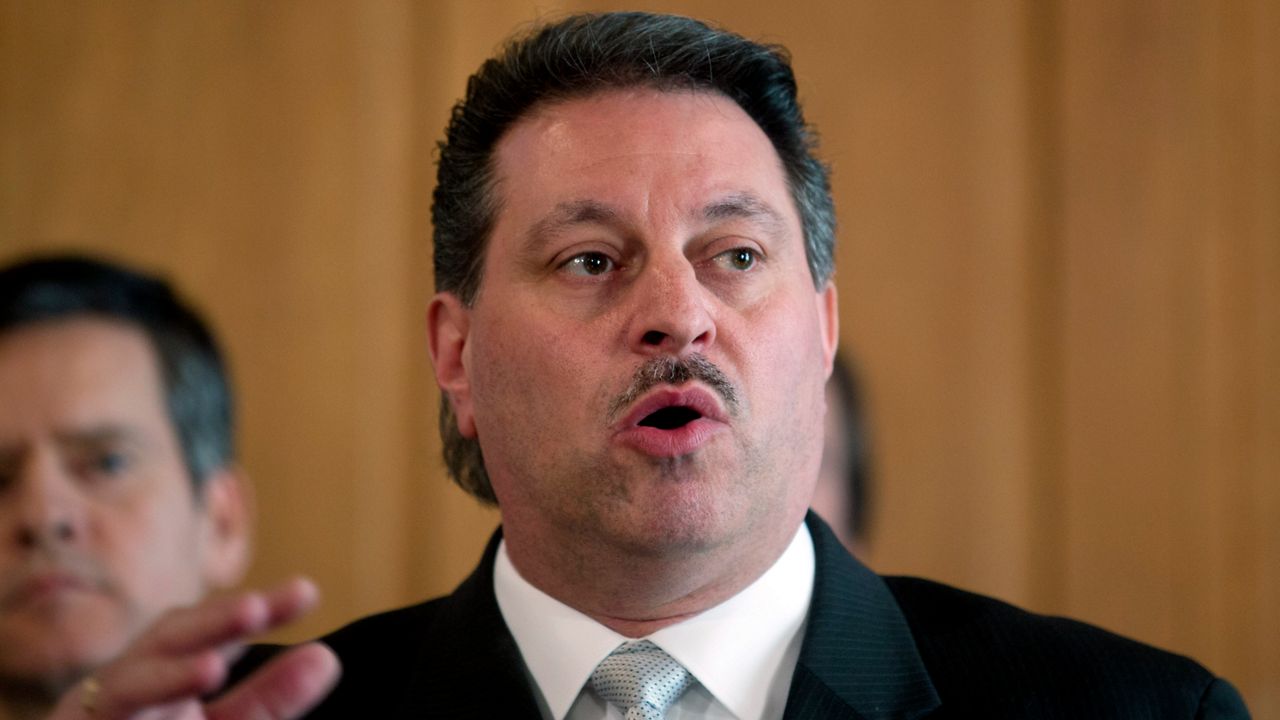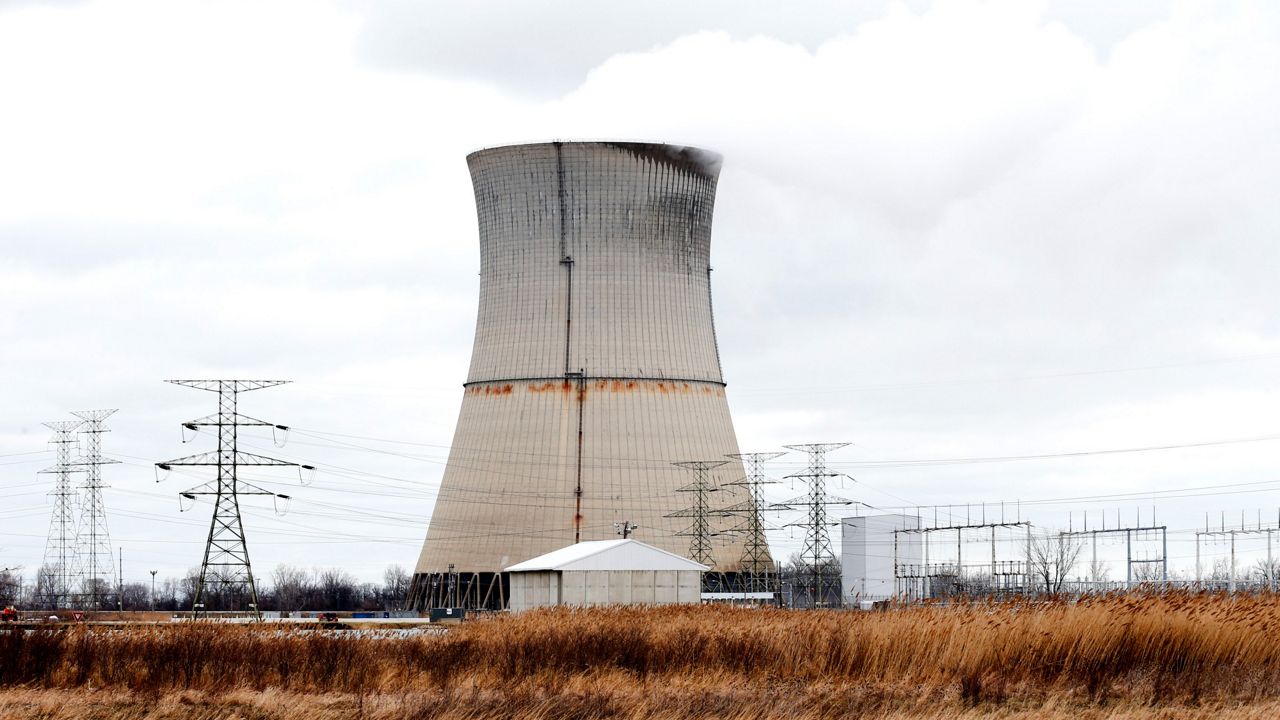The New York Farm Bureau’s new CEO Deanna Fox grew up on family farms in Chenango and Madison counties in Central New York, where her family raised dairy cattle, tapped maple sugar and raised horses.
In her new role, Fox told Capital Tonight that the organization is strongly supporting one bill and strongly opposing another in the few weeks left in the current legislative session in Albany.
A bill allowing cideries to ship directly to consumers would be an economic boost to the craft beverage industry, according to Fox.
“Farm-to-table craft beverage is one of the biggest growing industries related to farming, and this [Skoufis 2852-A/Lupardo 3132-A] will let them reach new customers,” Fox said. “It won’t be contingent on customers coming to the farm.”
Fox pointed out that there are laws already on the books allowing wine and liquor stores to deliver to customers, so the Skoufis-Lupardo bill would level the playing field.
“There isn’t (currently) a lot of parity in the craft beverage industry about who gets to ship direct to consumers,” she said.

The New York Farm Bureau is opposing another bill that has gained some steam in the last few weeks. The so-called “Packaging Reduction and Recycling Infrastructure Act” (Harckham S4246-B/Glick A5322) would require companies selling, offering for sale, or distributing packaging materials and products to register with a packaging reduction organization to develop a packaging reduction and recycling plan.
More on the bill here.
According to Fox, the bill would be an economic burden on dairy processors.
“The dairy processors are against the bill because it isn’t a comprehensive enough bill that allows them an economically viable way to handle plastic packaging,” she said. “NYFB and our farmers by and large want to preserve the climate and environment as best we can, but this bill doesn’t help do that. It prohibits progress made on farms because it’s too exorbitant and expensive to actually implement.”
When asked to be specific, Fox said there are plastics problems that can be rectified on farms that don’t have to do with packaging.
“There’s lots of different ways plastics come in and out of farms, that don’t…put the onus on the farmer to solve,” Fox continued.











